Projects
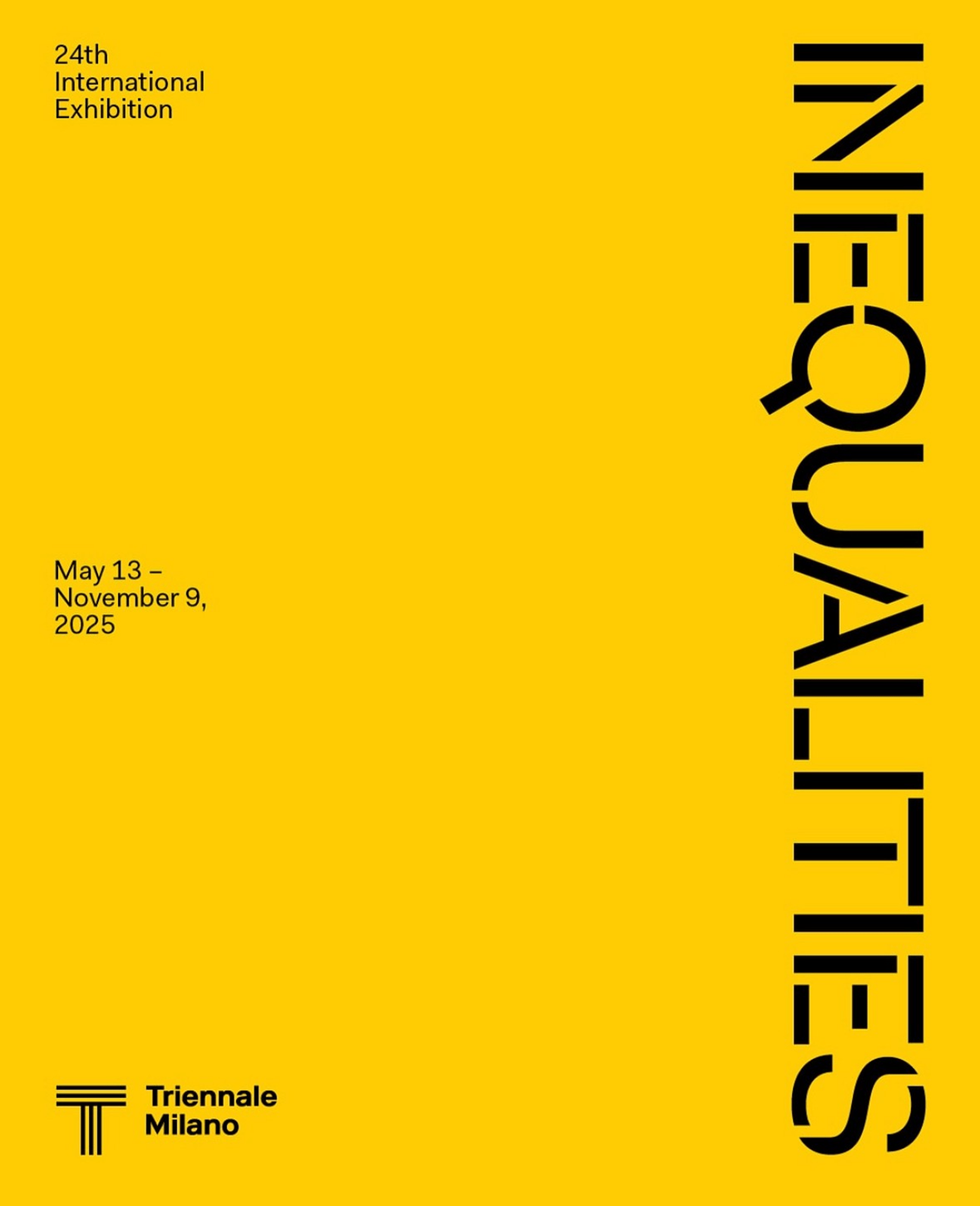
Alessandra Casarico, Felix Eychmueller and Chiara Serra
In recent years, economic and social disparities in Milan have deepened, resulting in an increasingly fragmented urban fabric. A complex reality has emerged where opposing trends coexist, creating real paradoxes that affect access to opportunities and influence the future of an ever-growing part of the population. Based on a detailed analysis of urban data conducted by the SI Lab at Università Bocconi and under the coordination of Seble Woldeghiorghis, six major paradoxes that currently characterize Milan have been identified. Each of these has been paired with an artist, selected in collaboration with Black History Months Milano, invited to reinterpret them.
The project takes shape as a vast living and relational archive – a space for dialogue, collective creation, and continuous hybridization - that is conceived to spark reflections on Milan’s future in an inclusive, responsible, and courageous way.
The exhibition invites visitors to delve into the city’s contradictions in order to rethink scenarios that may seem irreversible.
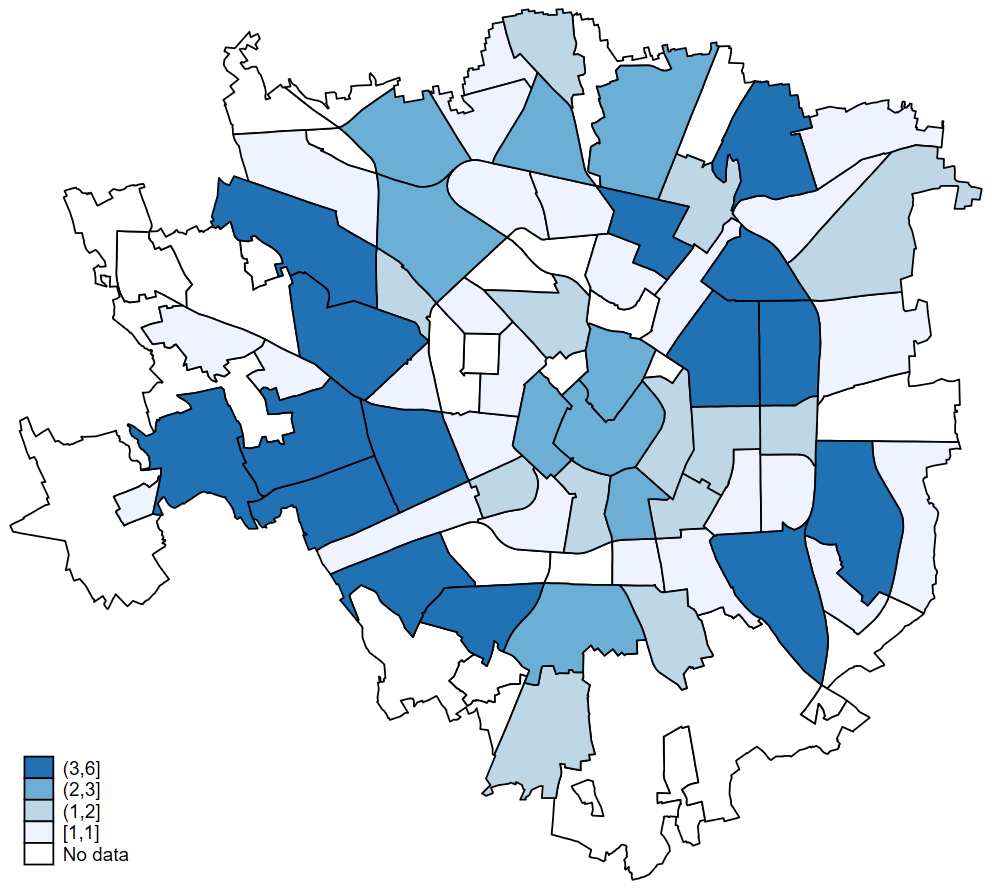
Alessandra Casarico, Chiara Serra, Tommaso Fonti, Felix Eychmuller
The Social Inclusion Lab is working on a project to map social inclusion at the local level in the city of Milan. We are zooming in on zip codes and neighbourhoods. We selected different areas to gauge different aspects of social inclusion within communities, including economic participation, demographics, health, education, housing, and social capital . By collecting and mapping data in these domains, the lab aims to understand the dynamics of social inclusion in detail. The overarching goal is to offer a clear picture of the social landscape in each area, facilitating the creation of effective strategies and policies to enhance inclusivity and integration throughout the city of Milan.
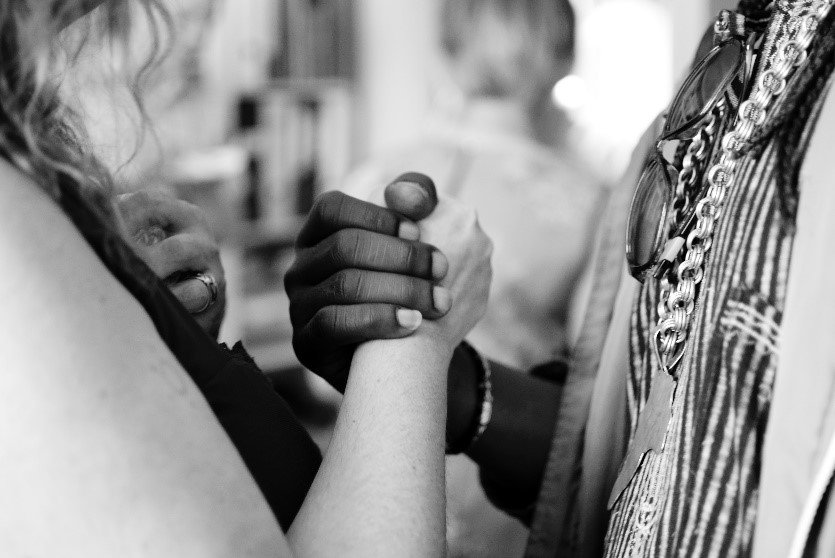
Nicoletta Balbo, Alessandra Casarico, Chiara Serra
We will explore how exposure to diversity influences trust. Specifically, we will investigate whether individuals display different levels of trust depending on the gender and ethnic background of their counterpart. We plan to conduct a survey with a representative sample of the Italian population, incorporating a trust game to measure trust in economic decision-making. Throughout the game, we will exogenously vary the characteristics of the counterpart (or second player) to examine its effect on trust levels.
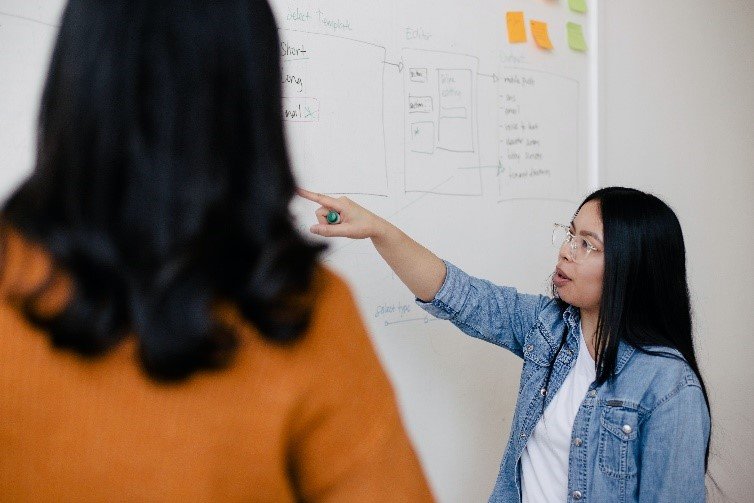
Tito Boeri
The “Obiettivo Lavoro” research project aims to facilitate the transition of vocational school students from the school to the labour market. The project focuses on two main activities: providing "job counselling" for fifth-year students and conducting training sessions for teachers. Activities will focus on job search strategies and job interview preparation. The first phase of the project, funded by MUSA, will be carried out in a small number of schools in Lombardy during 2023. A pilot program will be launched to test the effectiveness of the activities.

Alessandra Casarico
The goal of the project is to collect data and investigate biases in hiring by firms and public institutions, with a special focus on Universities, in order to uncover exclusion and under-representation dynamics.
Ongoing research/ papers
- Research similarity and women in academia - with Piera Bello and Debora Nozza
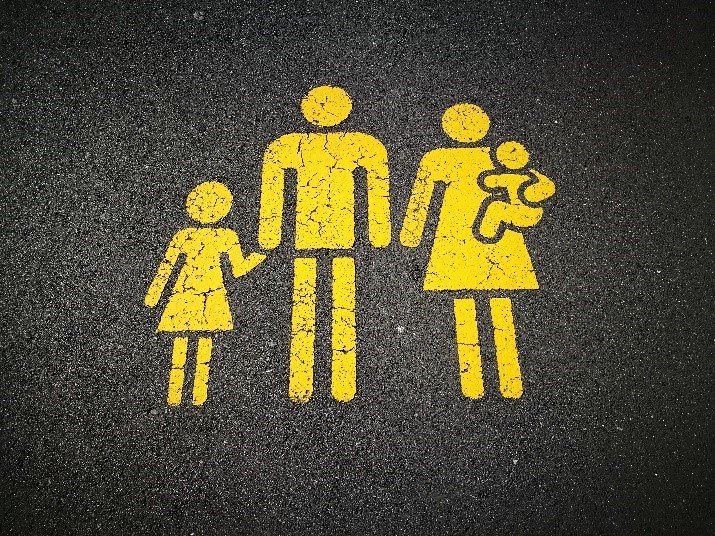
Alessandra Casarico
The goal of the project is to evaluate the effects of public policy (e.g., paternity and parental leaves, short parental leaves for mothers) on inequality and firm-level outcomes, exploiting administrative data.
Ongoing research/ papers
- Mothers’ quits at childbirth and firm level responses - with Francesca Carta, Marta De Philippis and Salvatore Lattanzio
- Take up of parental leaves: the role of local and firm factors - with Edoardo Di Porto, Joanna Kopinska and Salvatore Lattanzio

Alexia Delfino
In recent decades, labor markets in OECD countries have experienced profound changes driven by digitalization, globalization and demographic shifts. Despite the widespread acknowledgment that training plays a vital role in supporting workers through these transformations, we have limited knowledge on the demand for training and reskilling among jobseekers. This project aims to fill this gap by gathering new survey data and running a discrete choice experiment to quantify the demand for training and reskilling among Italian jobseekers. Through simulations, we will also compare the effect of alternative policies on participation in training and reskilling. By identifying and understanding the barriers faced by our participants, we aim to propose effective measures tailored to their needs and to provide valuable insights into the design of policies that can foster the successful reallocation of workers into high-growth sectors.
Joint with Andrea Garnero, Sergio Inferrera, Marco Leonardi and Raffaella Sadun
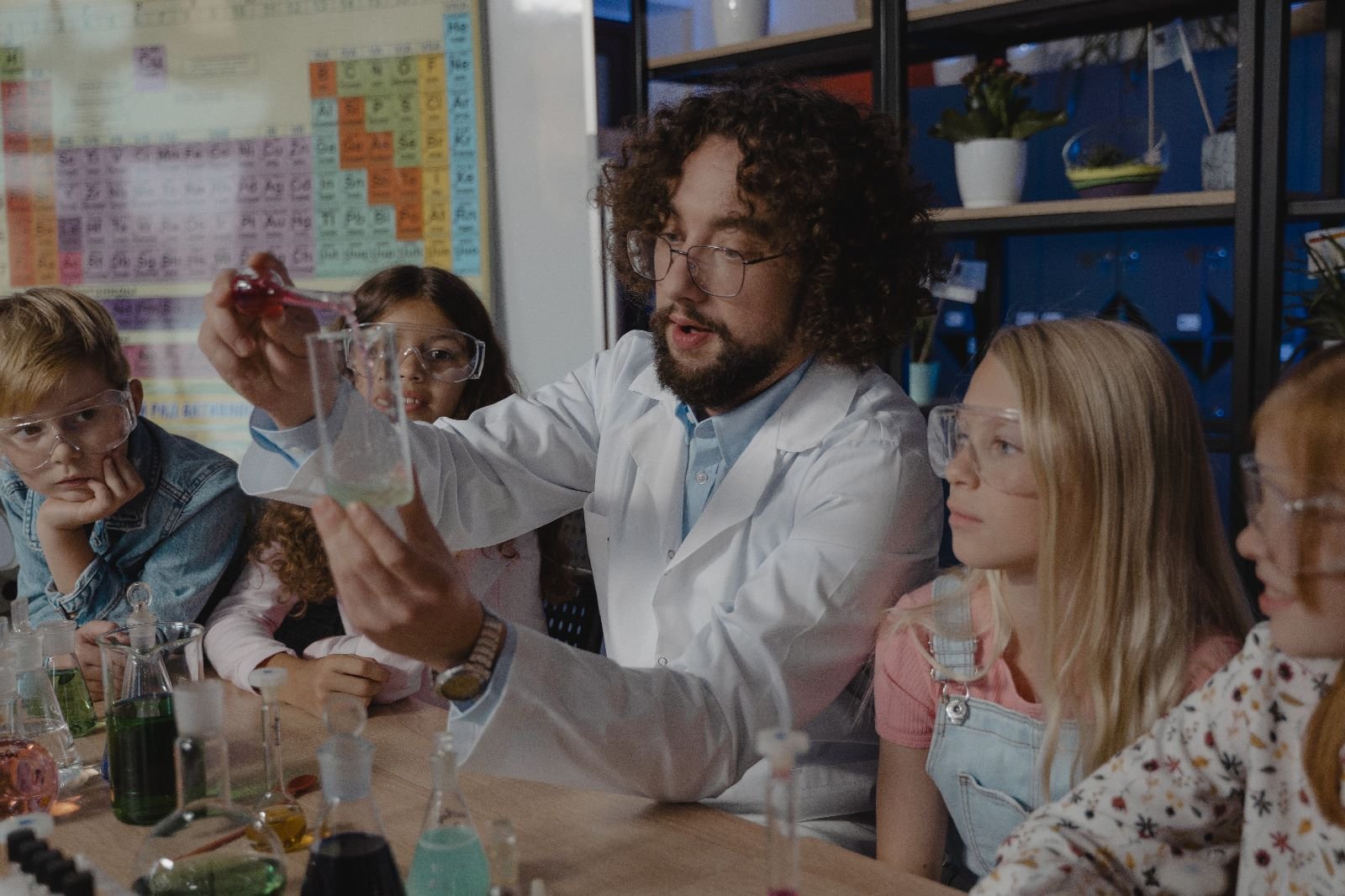
Selene Ghisolfi
The project focuses on investigating the most effective methods to help middle school students in Milan make informed decisions about their choice of high schools. The project includes 60 schools from the metropolitan area in an experiment. Specifically, certain randomly selected classes will take part in three sessions, either with orientation experts or individuals sharing their own educational choices. The primary goal is to gain insights into how to improve the communication of information about different study programs.
Joint with Giovanna Marcolongo

Paola Mariani, Melissa Miedico
Since 2019, the Bocconi School of Law launched the Legal Clinics project, making academic expertise accessible to vulnerable communities unable to access legal and social services they deserve. Coordinated by Melissa Miedico, the clinics operate in San Siro, Bollate, San Vittore jails, and assist Ukrainian refugees affected by the Russian invasion, effectively reaching socially excluded individuals. While San Vittore and Bollate offer a help desk for legal guidance, the San Siro and Ukrainian refugee clinics adopt alternative modes of intervention for foreign vulnerable individuals, promoting social inclusion. The diverse approaches complement each other, facilitating access to rights and services for the most vulnerable. The objective is to create a theoretical model of a "legal clinic" for Law courses, fostering inclusion in needy urban areas and offering an educational model for replicable on-field activities in fragile and marginal contexts. The model enables responding to specific community needs, activating university resources during emergencies, and nurturing practical and social abilities in students to tackle contemporary societal challenges.

Massimo Morelli
We have developed a survey with the objective of gathering information from high school students and teachers in Milan about the climate of integration, inclusion, and discrimination concerning various minority groups. Currently, 14 high schools have expressed their willingness to participate, and as a result, we are planning to launch the survey at the end of September, ensuring a significant sample size.
Joint with Michela Braga
-
FileFinal Report_Ensuring Inclusion project.pdf (797.49 KB)

The goal of the project is to map local initiatives for populations in need and report on data collection already done by private and public organizations. The ultimate goal is to explore the possibility of coordinating and standardizing existing data sources to create a permanent infrastructure for monitoring the demographic and socioeconomic characteristics of hidden populations.